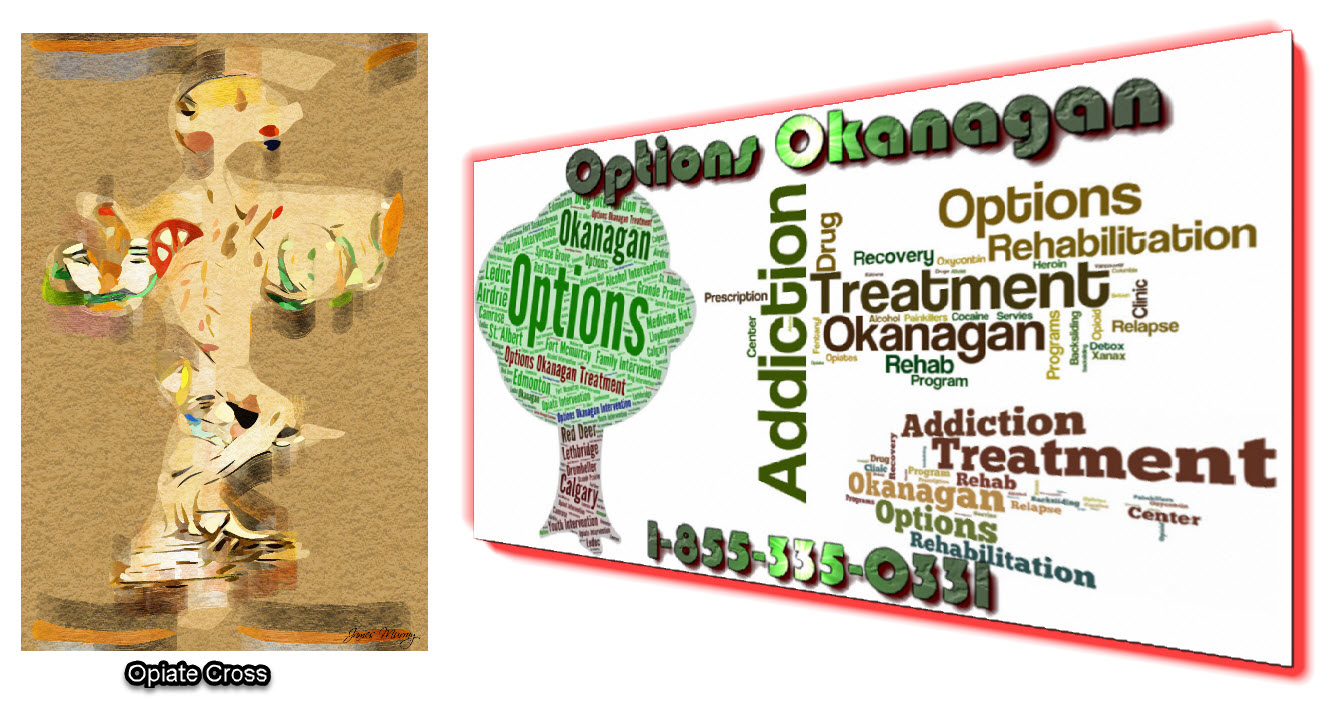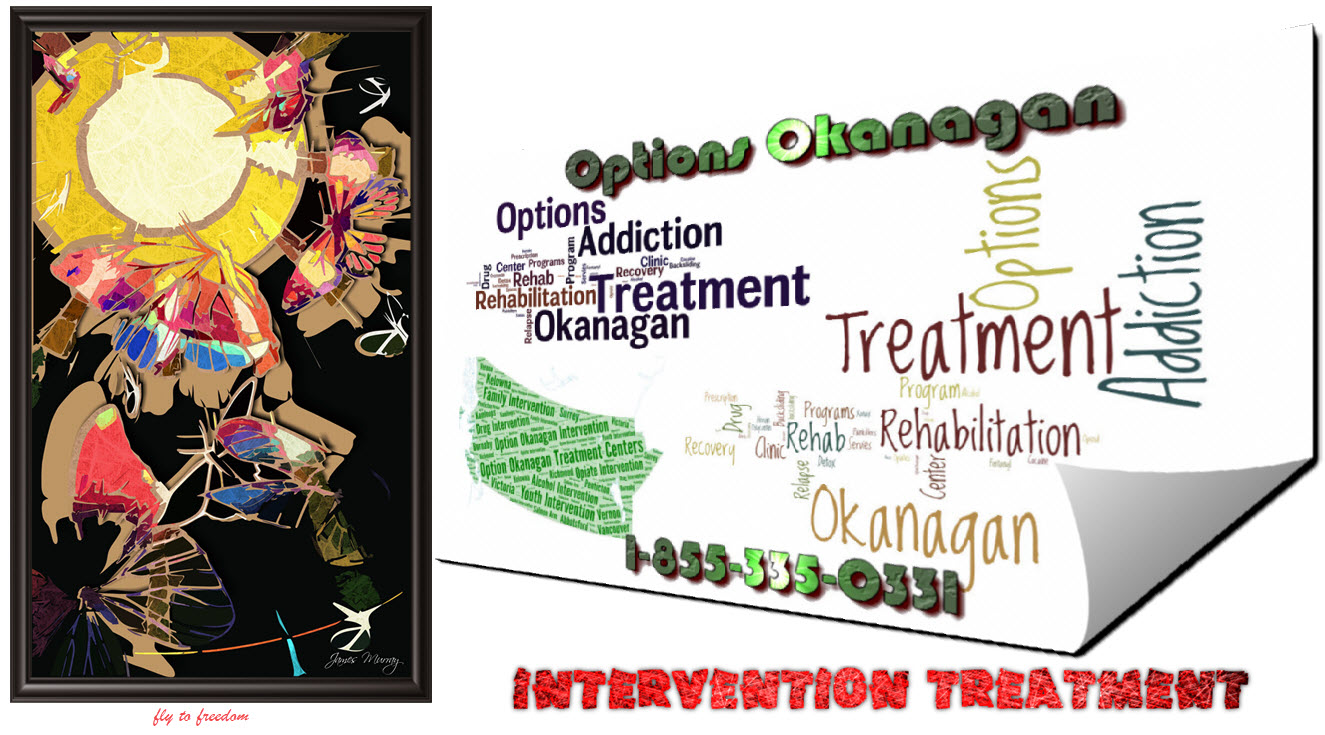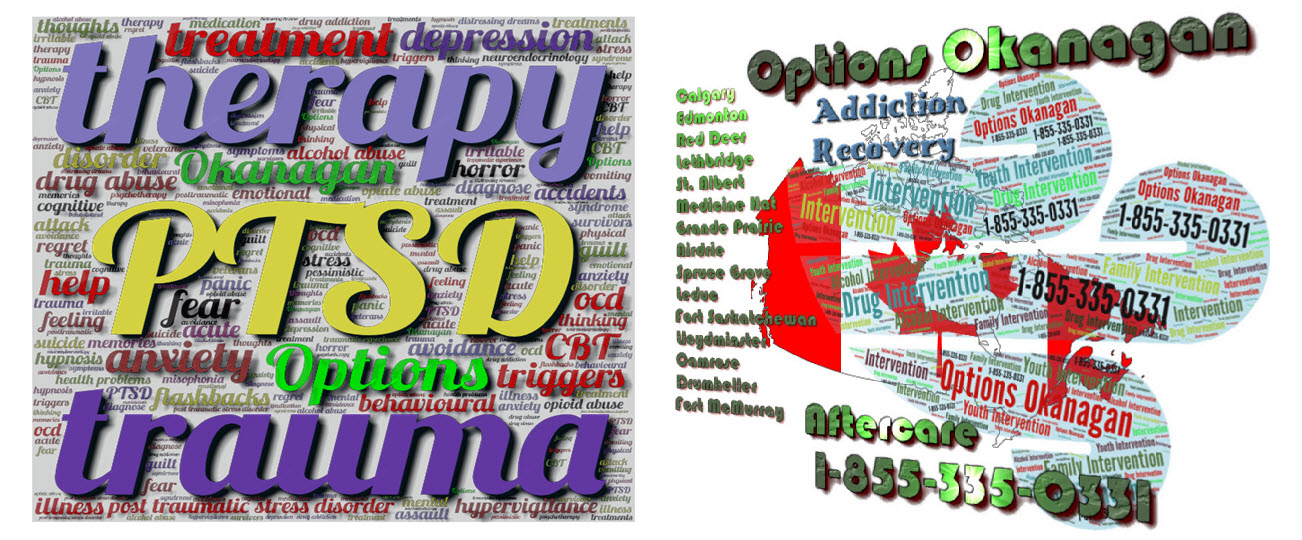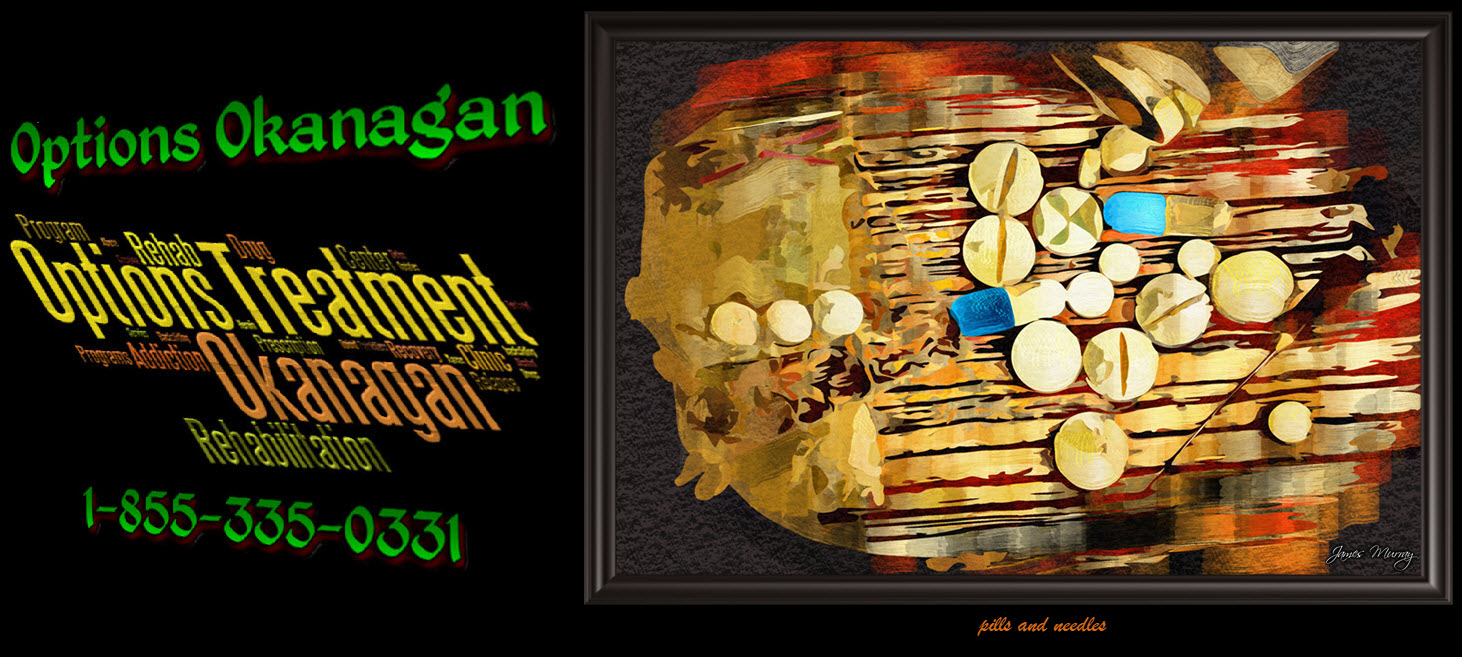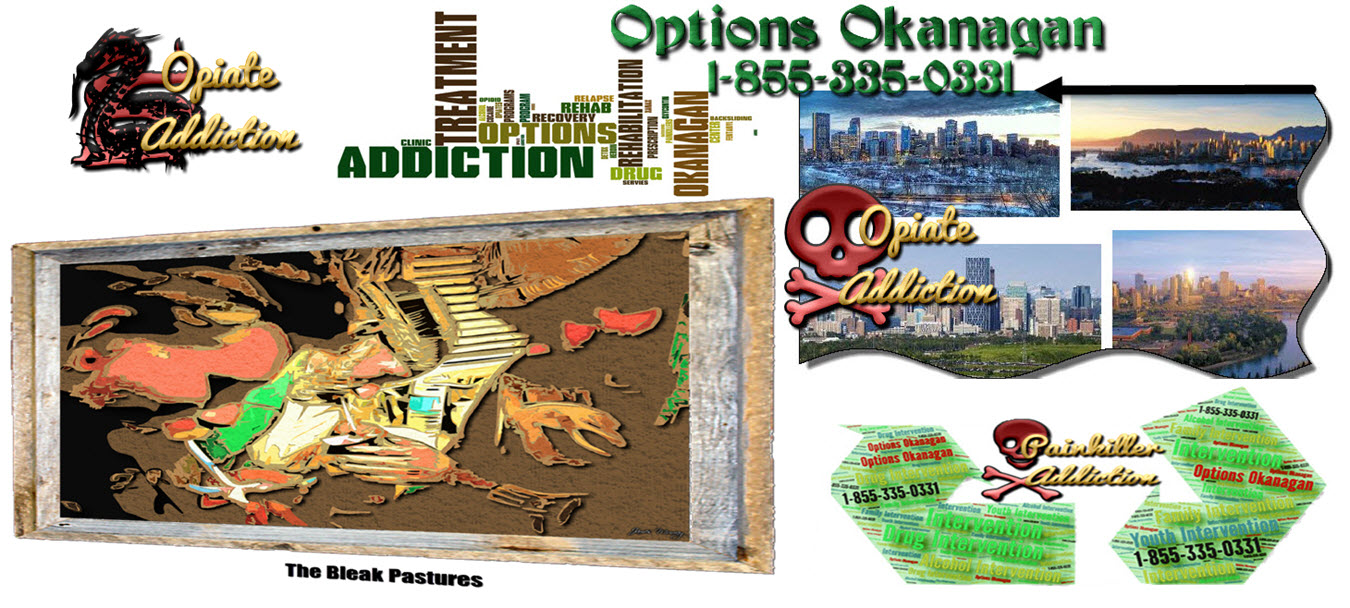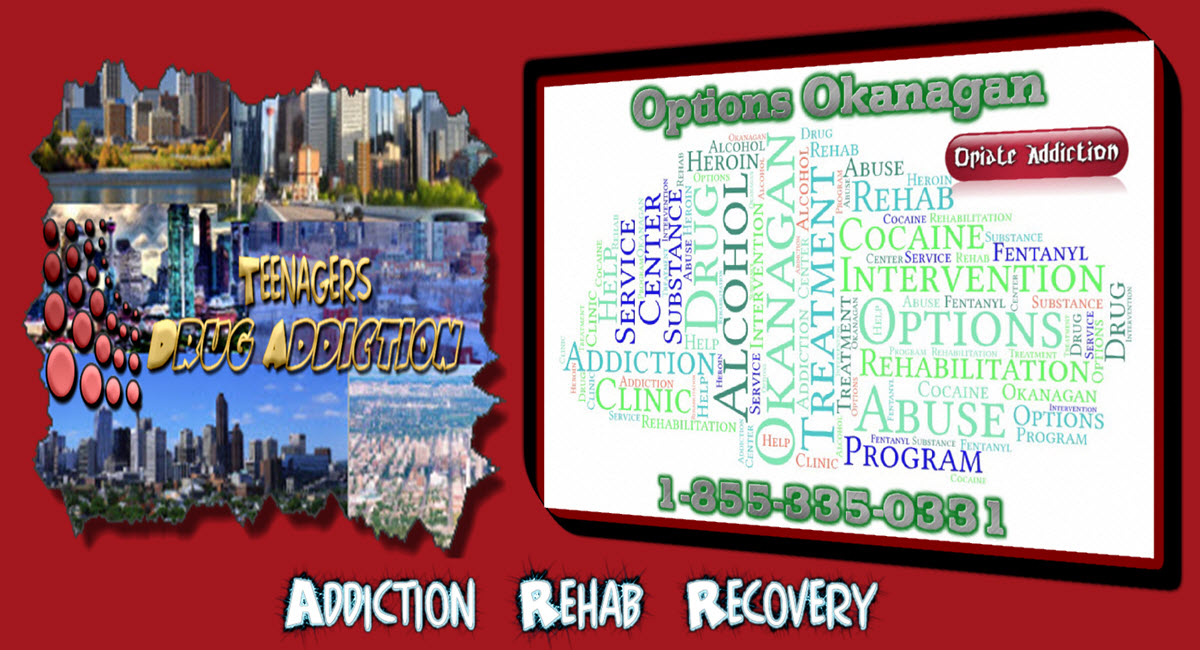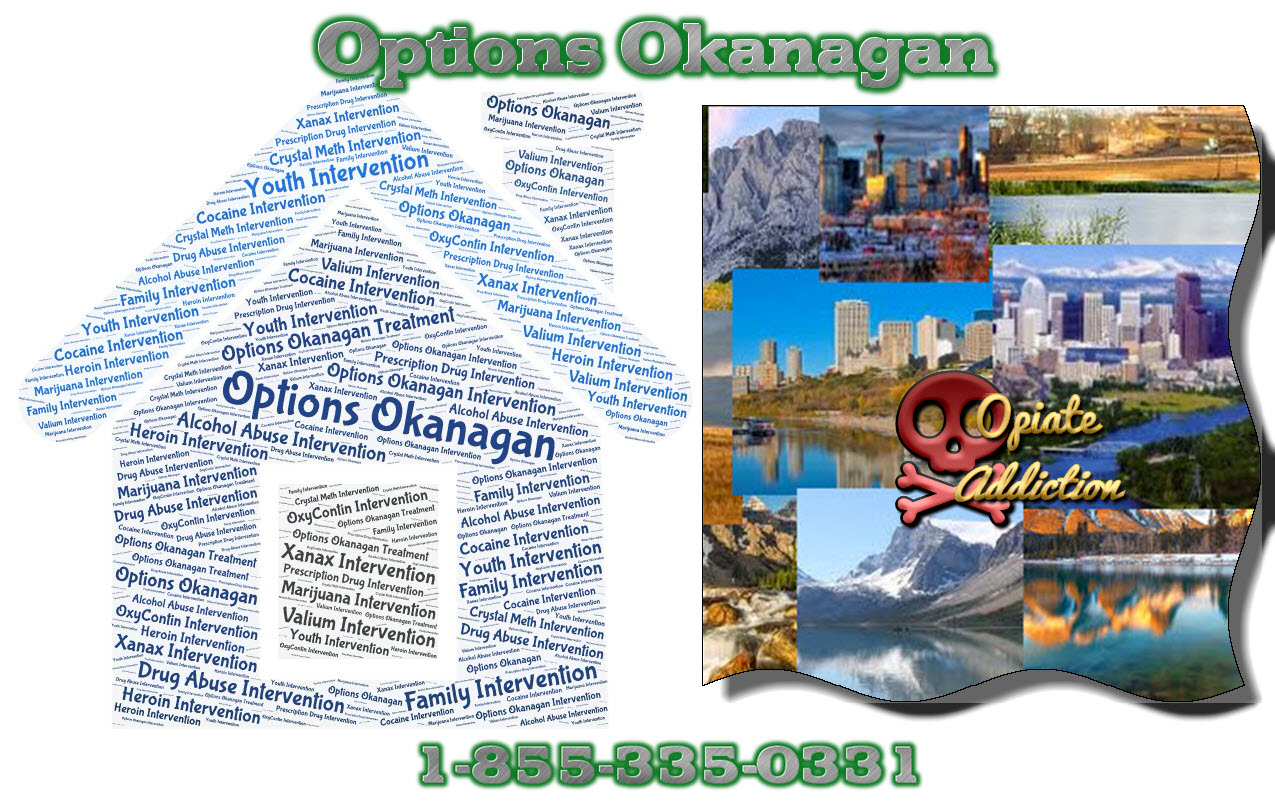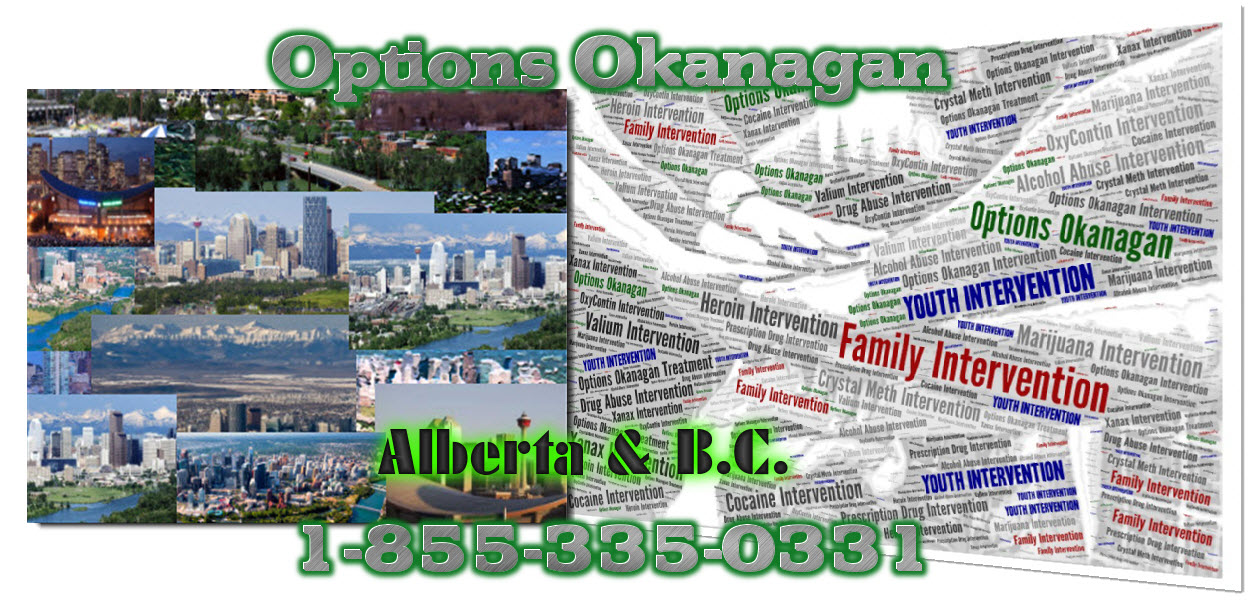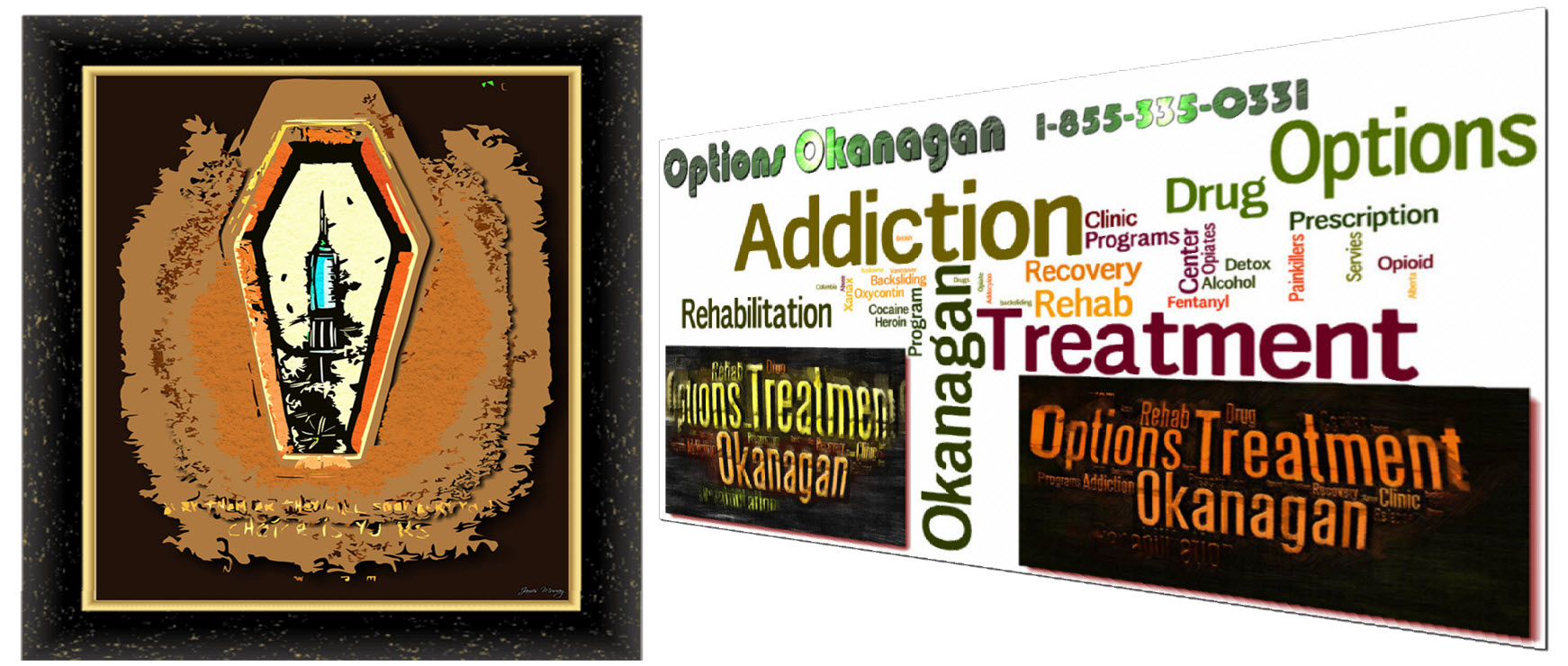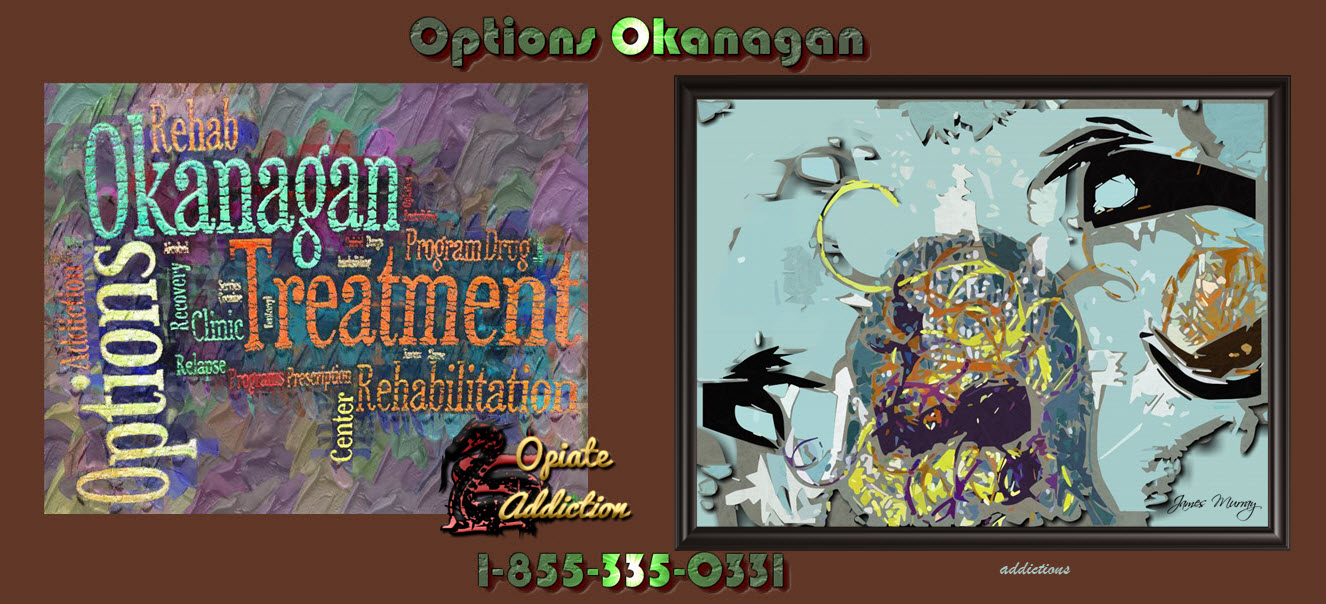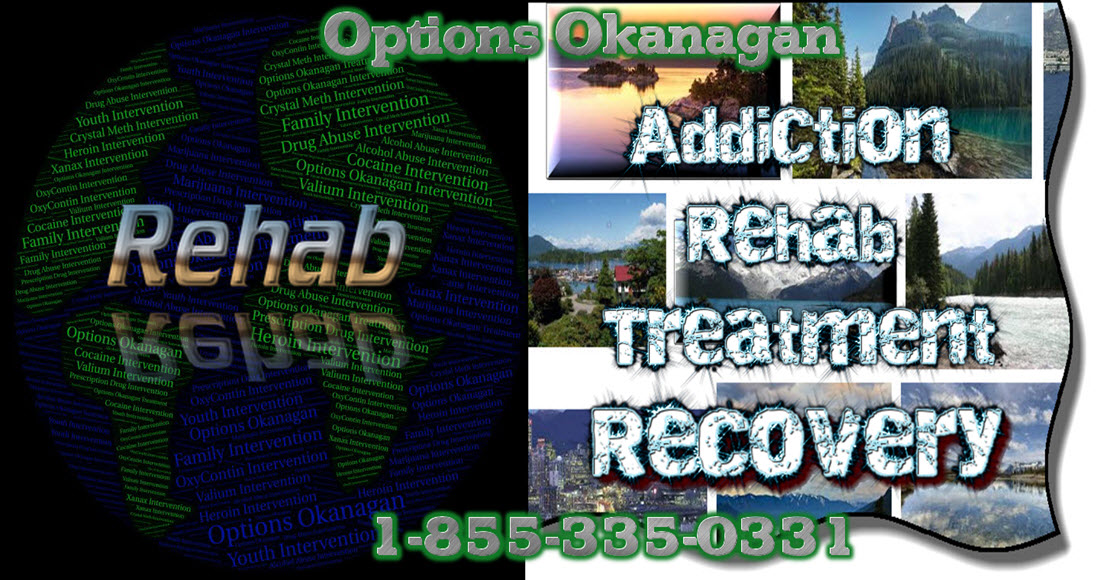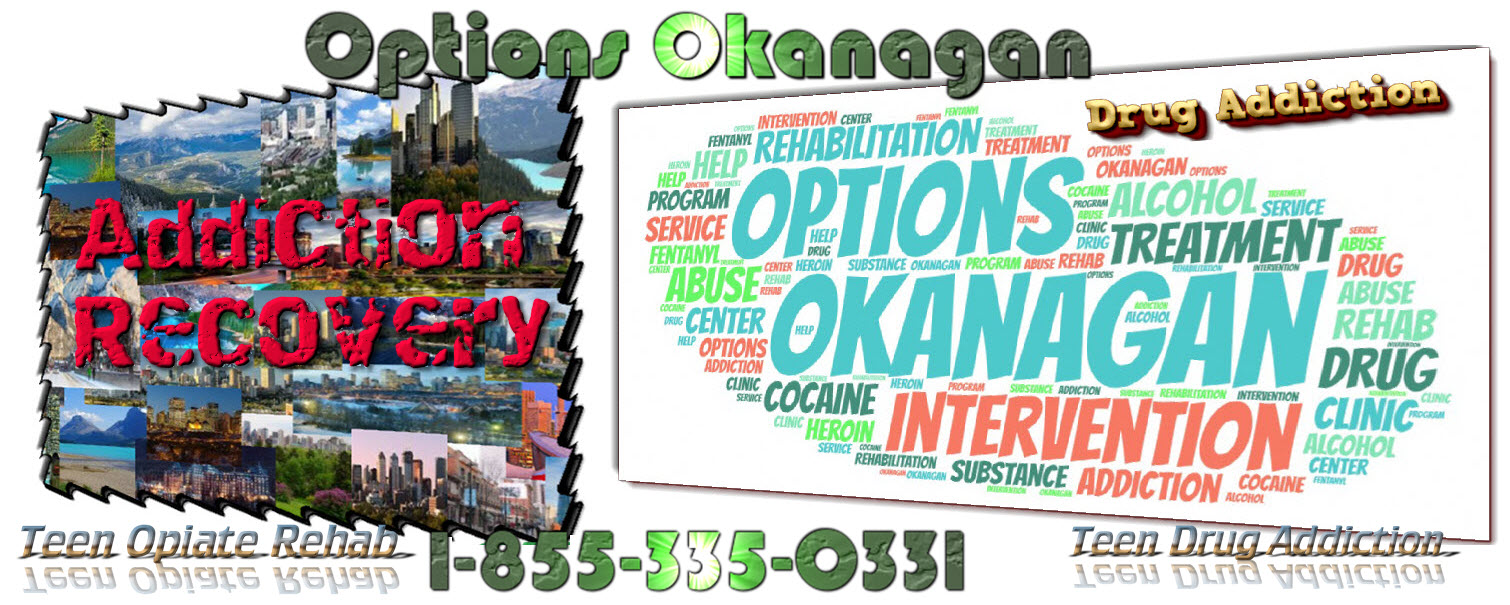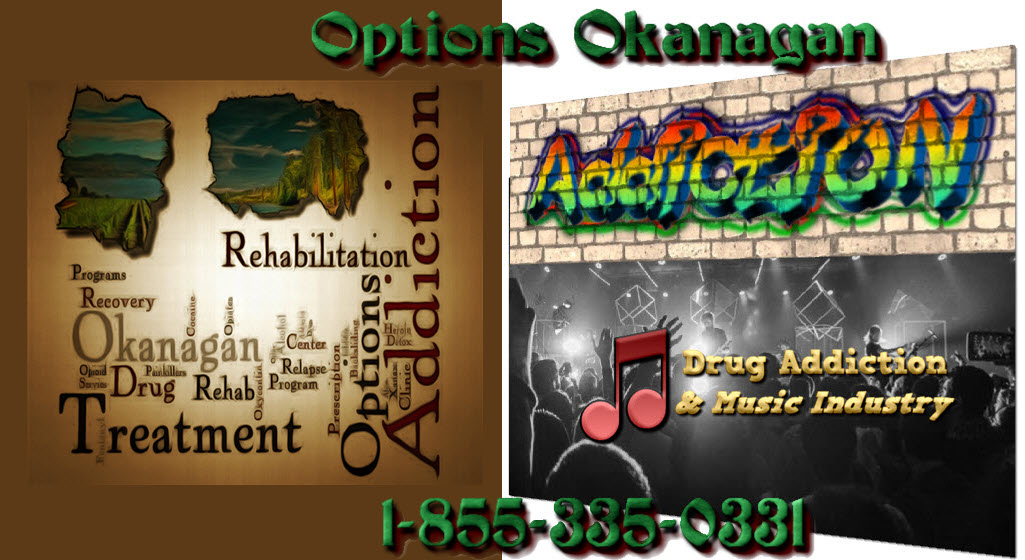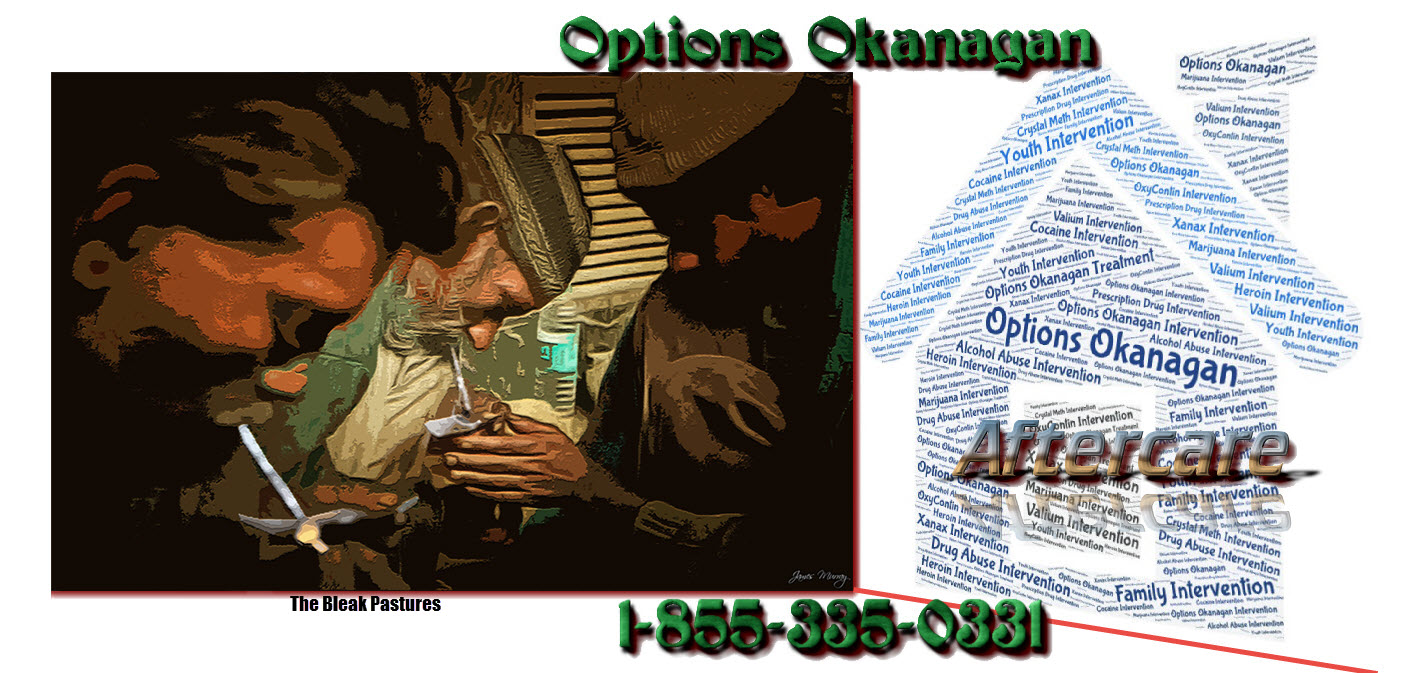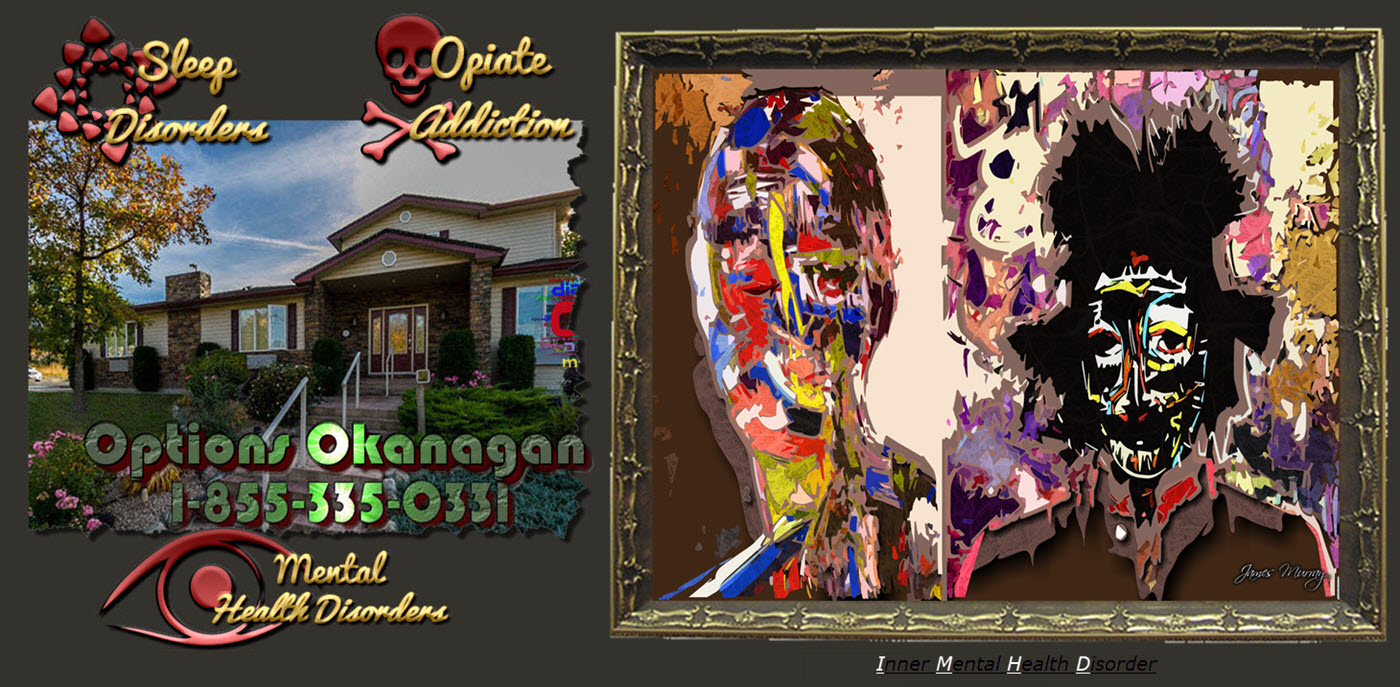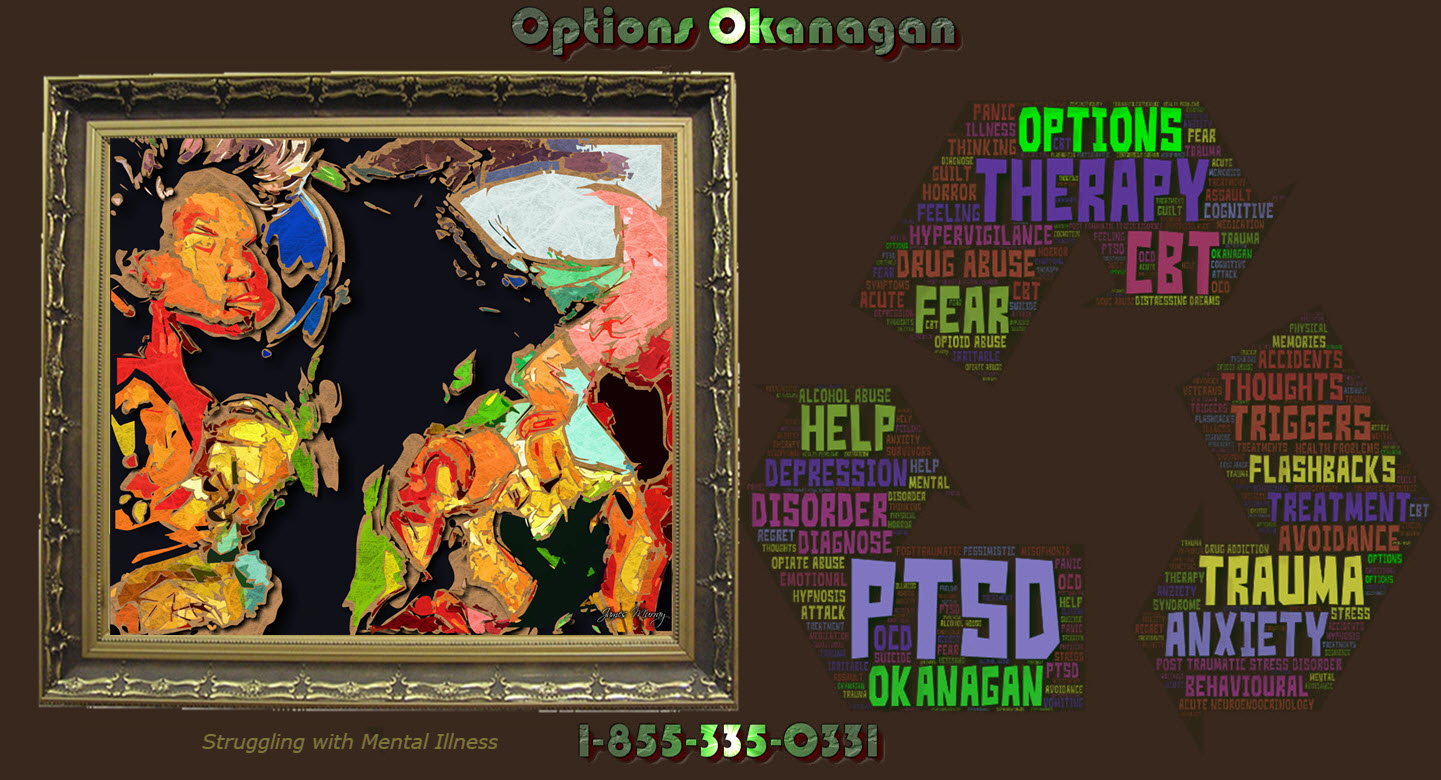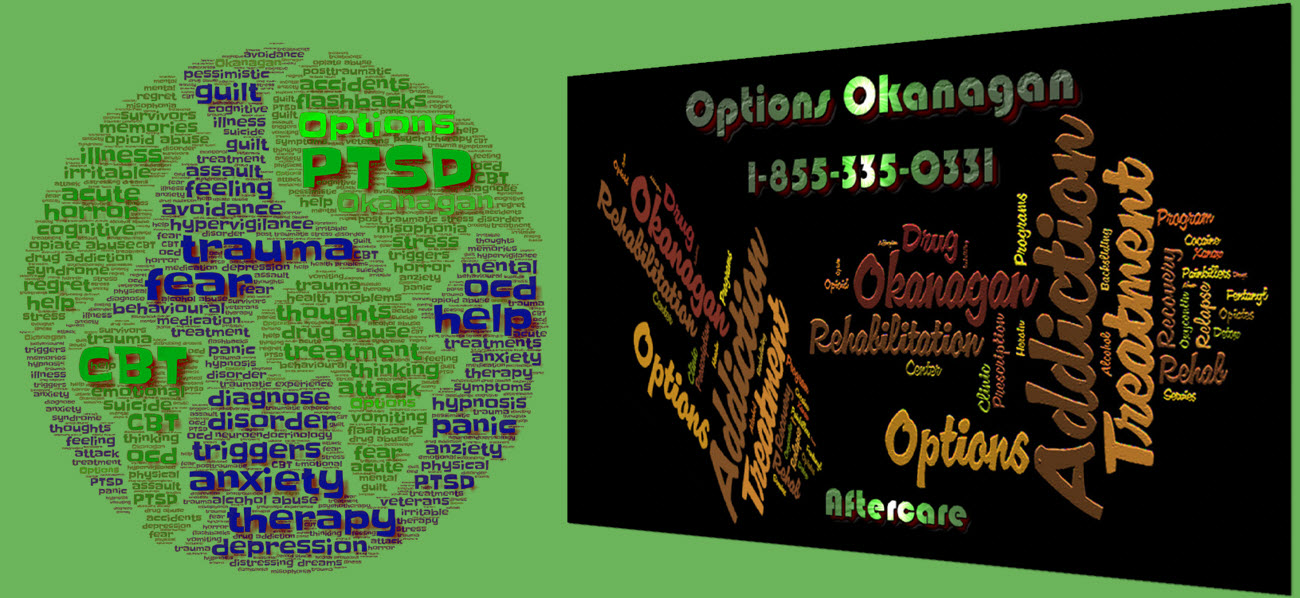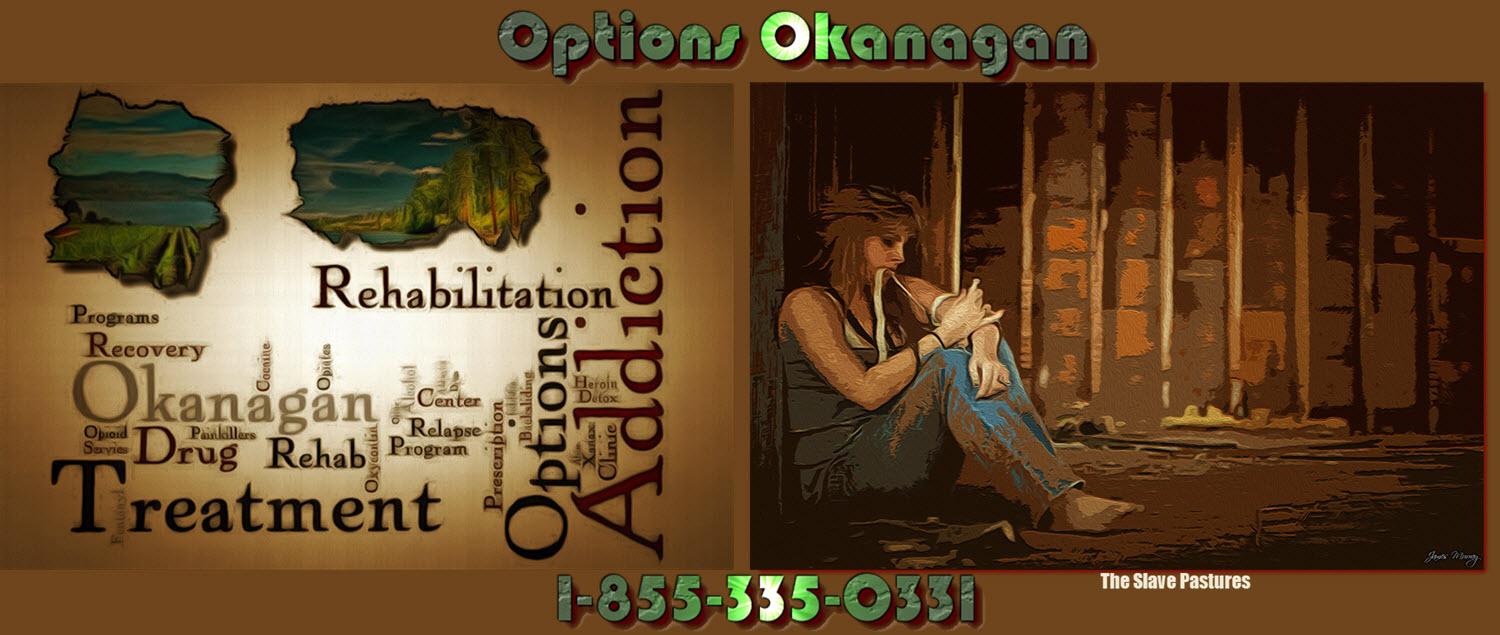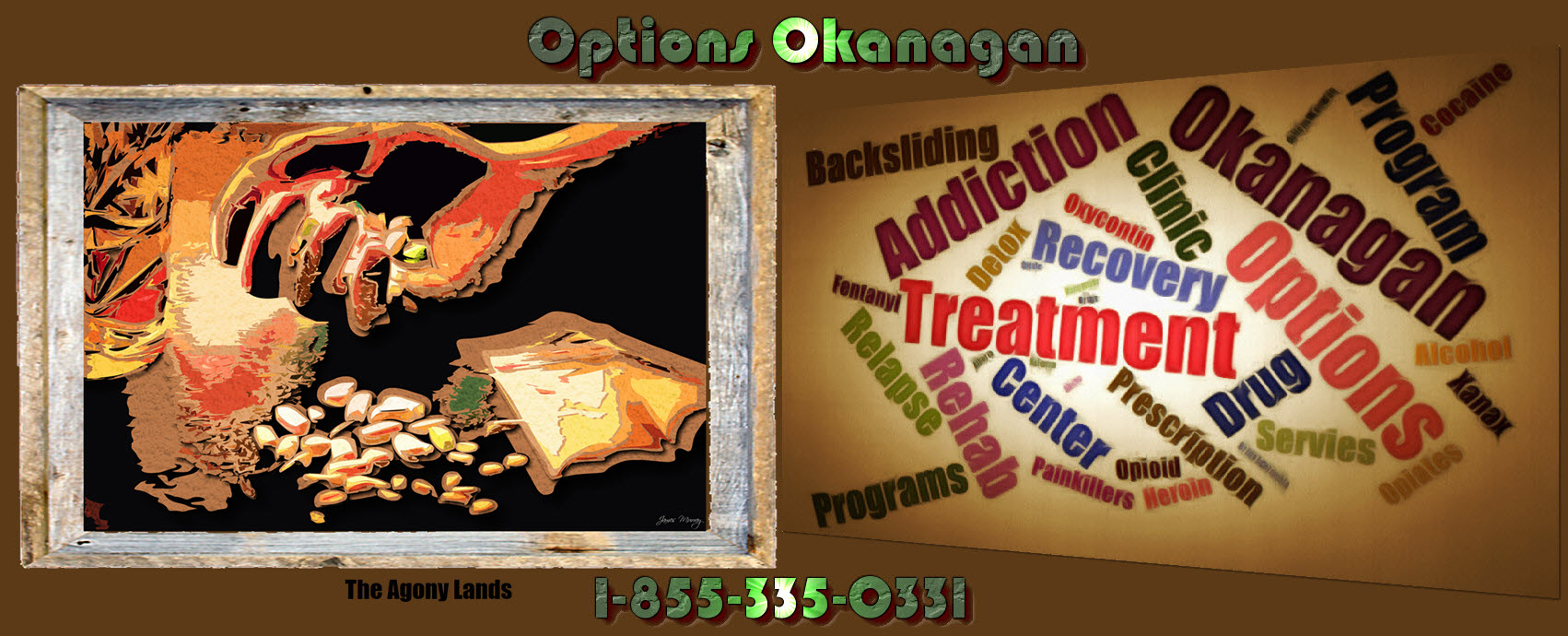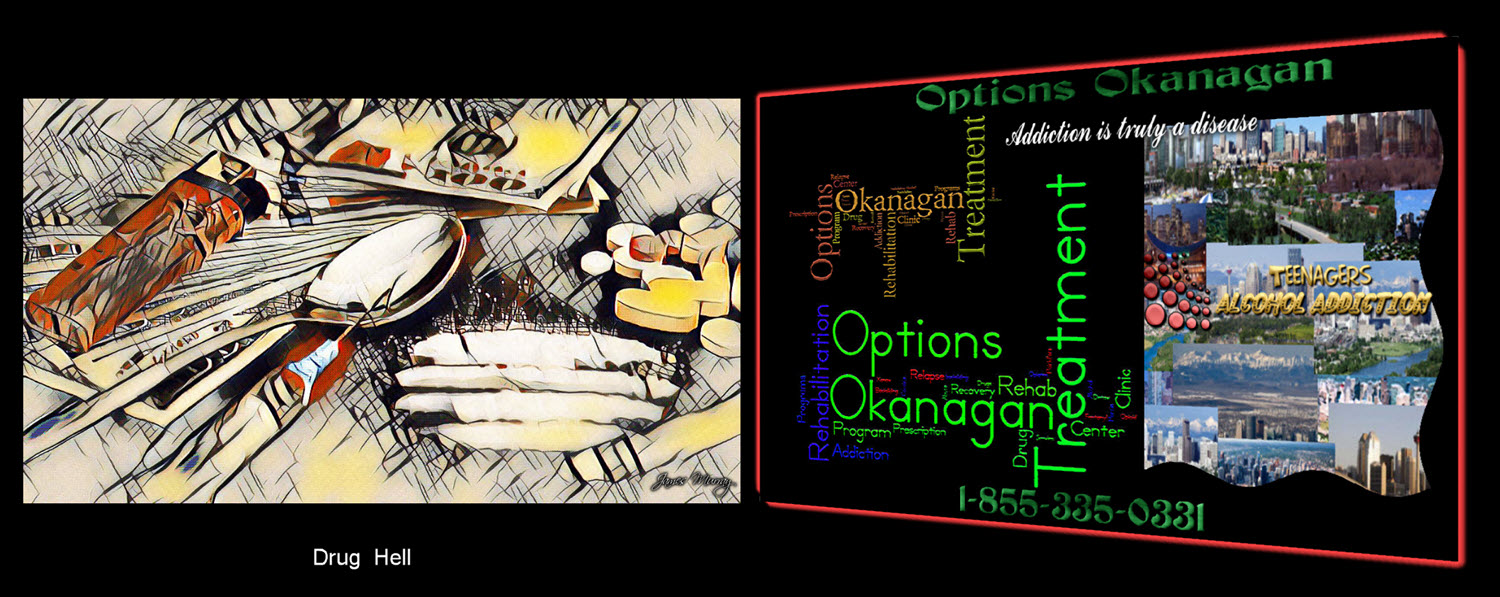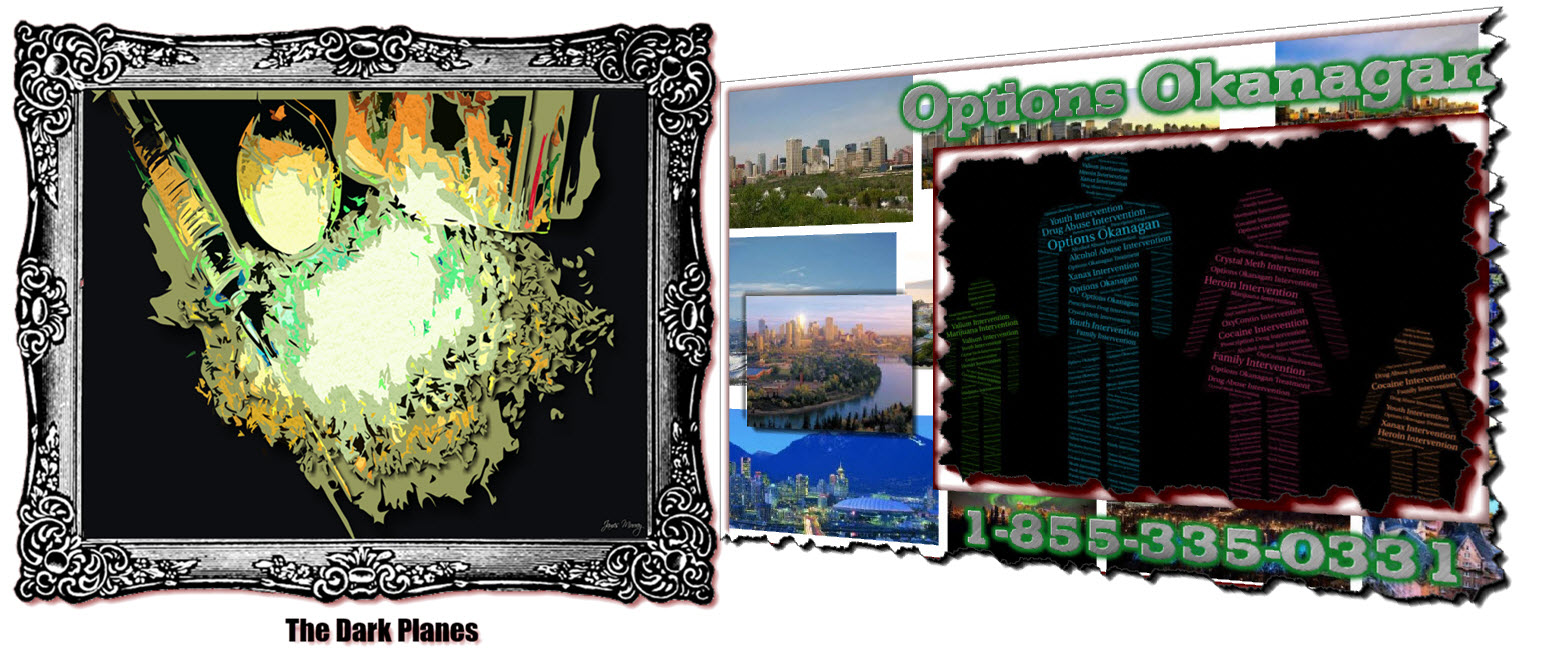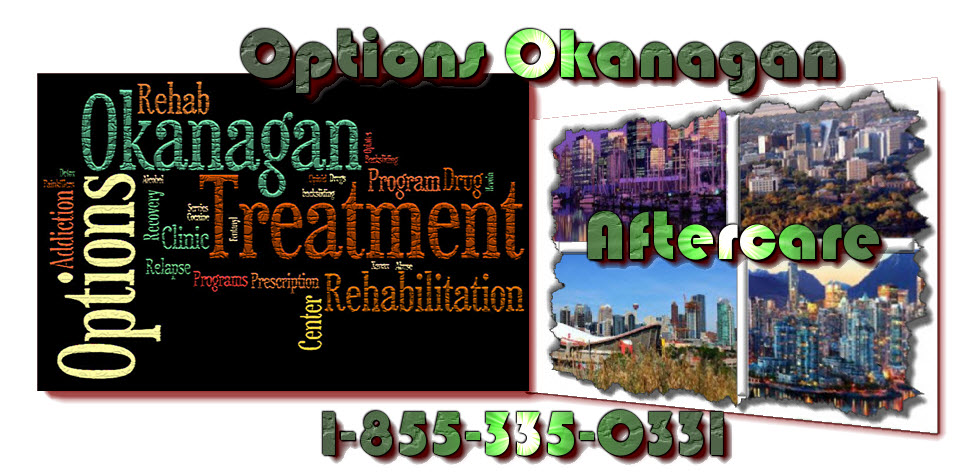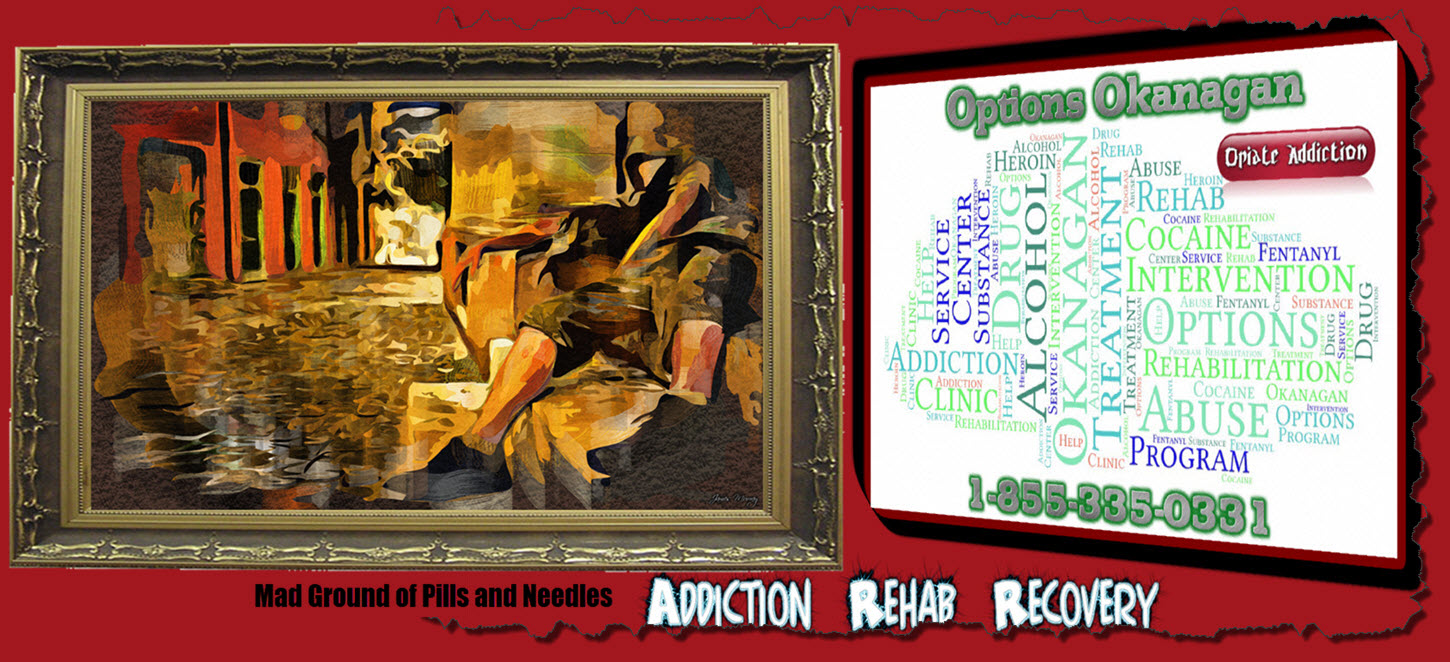Preventing an opioid relapse – Addiction recovery and opioid rehab intervention in British Columbia and Alberta — Opioid Rehabs in Calgary, Edmonton, Red Deer and other parts of Alberta by Options Okanagan Treatment Center in Kelowna, British Columbia treating heroin, fentanyl, opioid, opiate, drug addiction and recovery.
Alberta and BC Rehab and Drug Interventions
Prevention of opioid relapse
Maintaining calm and preventing relapse is one of the most common problems we face after opioid detoxification. There are several reasons, some of which often remain below the surface while others are more visible, why a large number of people struggling with opioid addiction relapse after completing the detox process.
Detoxification alone is not enough
For opioid dependence to be stopped a person needs to be detoxified, their use must be regular enough that it becomes a part of their daily life. Addicts need to rediscover how to live their lives hour by hour or day by day without taking these drugs in order to have a chance to stay sober once the detox is complete.
This requires changing relapse triggers such as people, routines, places, and habits. In many cases, it is nearly impossible for a person to make all of these changes on their own without guidance and some level of therapy. Not knowing how to live sober, or the individual’s desire no longer to remain sober usually tends to be the biggest challenges.
Trained care professionals know how to provide people recovering from opioid addiction with the knowledge essential to lasting sobriety.
Emotional Opioid Relapse Prevention
One of the hidden causes behind the destructive and addictive habits seen in most addicts is some form of internal pain or trauma. The risk of relapse increases exponentially and will always remain after a stressful day until the issue is addressed or remains hidden. Low self-esteem, abuse, broken relationships or fights, major surgery or injury, neglect, unresolved guilt, deep sadness over the loss, co-occurring mental disorders (such as addiction and multiple diagnosis mental disorders), and PTSD are some the most common causes of the mental anguish of addicts identified.
At every turn, you’ll find memories of traumatic experiences and triggers, which is why it’s so important to address hidden internal issues before returning to the home environment. The next step after solving this personal problem is to develop coping skills and learn how to manage the emotions associated with this problem. In order to successfully manage wins, losses, guilt, trauma, and stress, each individual must have coping skills. It is important, especially for addicts in recovery, to understand their emotions and to manage and express them in a positive way to ensure they are not on opioid pain medication again.
Options Okanagan Drug And Alcohol Treatment Centers in Kelowna, Salmon Arm and Vancouver, British Columbia – Men and Women are recovering and healing from Alcohol and Drug Abuse at our treatment center here in the Okanagan right now.
Our unique and distinctive drug treatment program allows men and women to come in from Calgary as well as Edmonton as we offer airport pickup.
Numerous clients come to us from Calgary and Edmonton and other locations in Alberta and even other provinces for Opioid addiction treatment, meth drug treatment, many other drug and alcohol addictions for rehabilitation because of the uniqueness of our treatment center.
Our (Kelowna) Alcohol and Drug Treatment Program Location:
(Not Mailing Address) – Contact Us – Web Page
For Mail Delivery :: Please contact each center for correct mailing addresses, also this location is the location of our residential treatment programs in Kelowna. Please call Toll Free 1-855-335-0331 – to contact the treatment center you are going to for the address and directions.
Options Okanagan Drug and Opiate Treatment Center
551 Sherrydale Crescent, Kelowna, British Columbia, V1V 2E6
Toll-Free Phone Number: 1-855-335-0331


